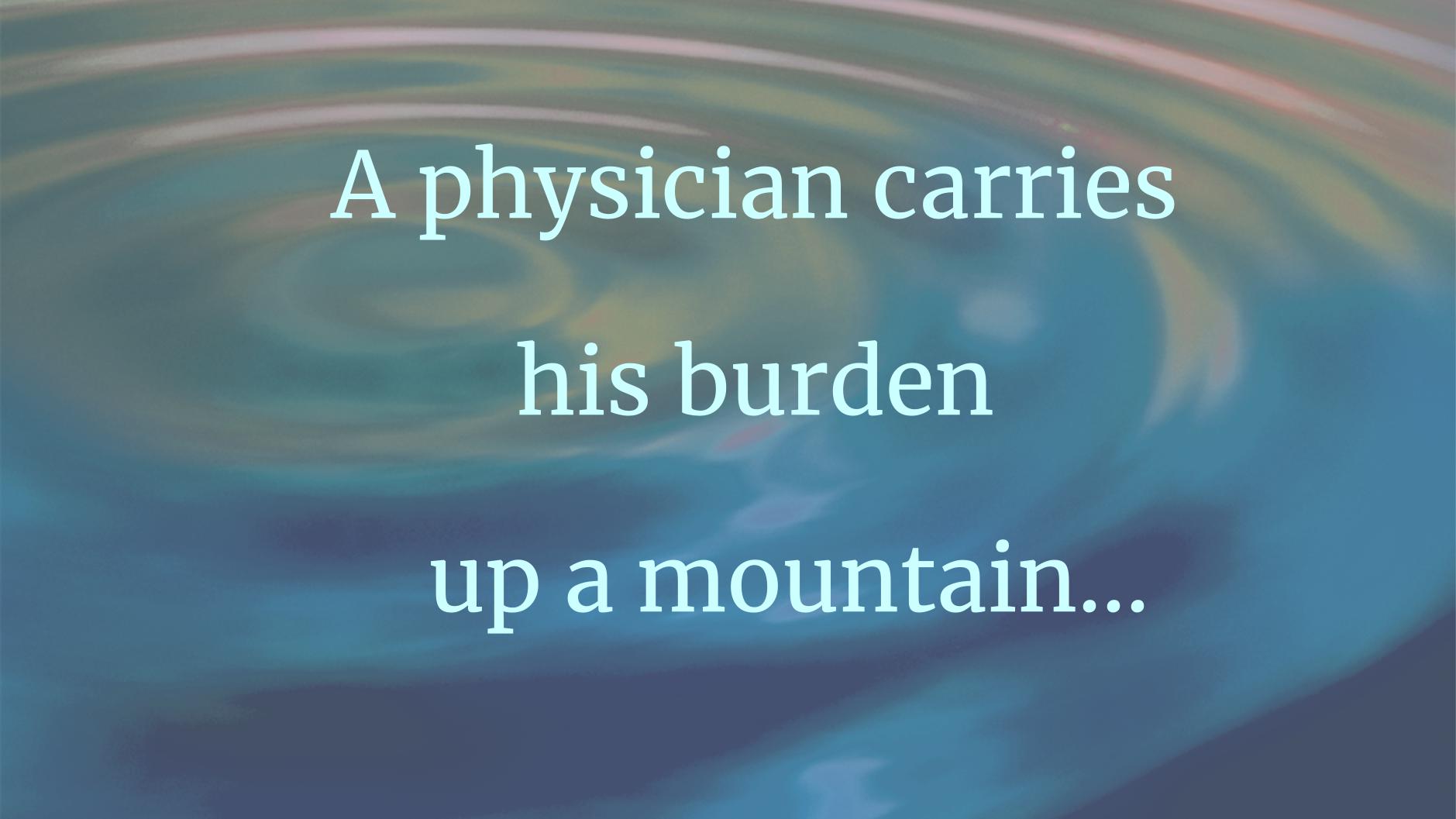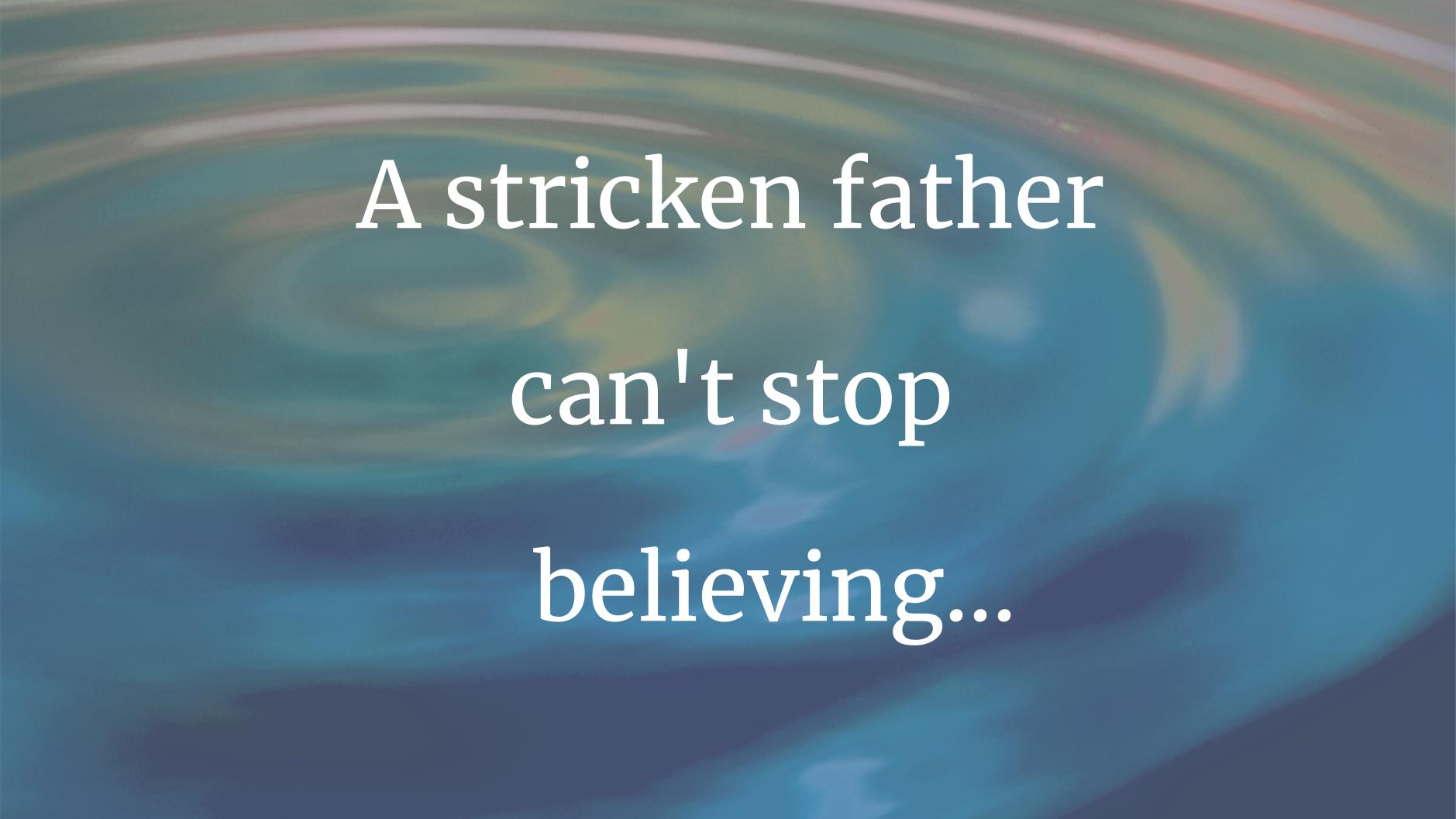- Home
- /
- Stories
Stories

Angel of Healing
A small wooden figure watches over my office. Four inches tall, hand-carved, neatly painted wood—an angel figurine with golden hair, majestic wings and a simple pure-white gown. Throughout my day seeing patients as an internal medicine and pediatrics resident, this angel watches over me—a constant reminder.
Two years ago, as a fourth-year medical student, I was on my internal medicine “acting internship” on the general internal medicine floor. This service was known for great teaching and complex cases—and notorious for emotionally heavy experiences.

After the Fall
It is a chilly January night, a week after New Year’s and a few days after my twenty-fourth birthday. I’m halfway through my third year of medical school and have just started my clerkship on the hospital’s trauma unit.
I’ve been dreading this experience; I’m on twenty-four-hour call, and my heart sinks every time the pager goes off.

Dear Medical Student
Dear Medical Student,
I remember what it was like.
I remember what it was like the week before your clerkships begin, when you spend thirty minutes writing an email to the resident about how you’re excited to work with them, about how you’ve done cardiac stem-cell research and are interested in pursuing cardiology, and what can you do in advance, and oh, where should you meet the team on Monday morning? And they respond, “Great see you Monday 7 – Jack.”

Walking in Beauty
The 11,306-foot summit of Mount Taylor in northwestern New Mexico was my destination one sunny autumn morning. But what I sought that day was something else: understanding and forgiveness.

Caught in the Middle
One day several decades ago, after morning rounds, Dr. Prescott slipped into the ER where I was the cardiac nurse. She did something a doctor would never do: She placed her leather medical bag on a stretcher instead of on the desk. Her eyes locked onto mine.
“I’m having a heart attack,” she said calmly.

I Wish I’d Known
From the computer screen a few inches away, Oliver’s honey-brown eyes gazed into mine in the unadulterated way that only children’s eyes can, matching the directness of his question:
“Is he going to die?”

This Isn’t Worth It
While sitting on the exam room table in my cardiologist’s office, I began thinking about the many years we’ve had these semiannual appointments. I’ve had not one but two emergency open-heart surgeries.
In a few months, it will be exactly nineteen years since my first surgery, I thought. That means I’ll be starting my twentieth bonus year of life!

A Doctor’s Visit
My new doctor enters the examining room where I have been waiting for him, seated on a rumpled paper sheet at the edge of a brown leather lounge chair. Behind the doctor’s blue mask, he is wearing a furrowed brow of worry.

The Fight of His Life
During the early months of the COVID pandemic, the Utah medical school where I teach asked me to facilitate a small group of first-year students in Layers of Medicine—a course that covers what you might call the “messy” side of medicine, including end-of-life discussions.
Just after the course started, my dad was diagnosed with pancreatic cancer. All at once, I felt my personal and professional responsibilities intersect, unexpectedly and powerfully.
